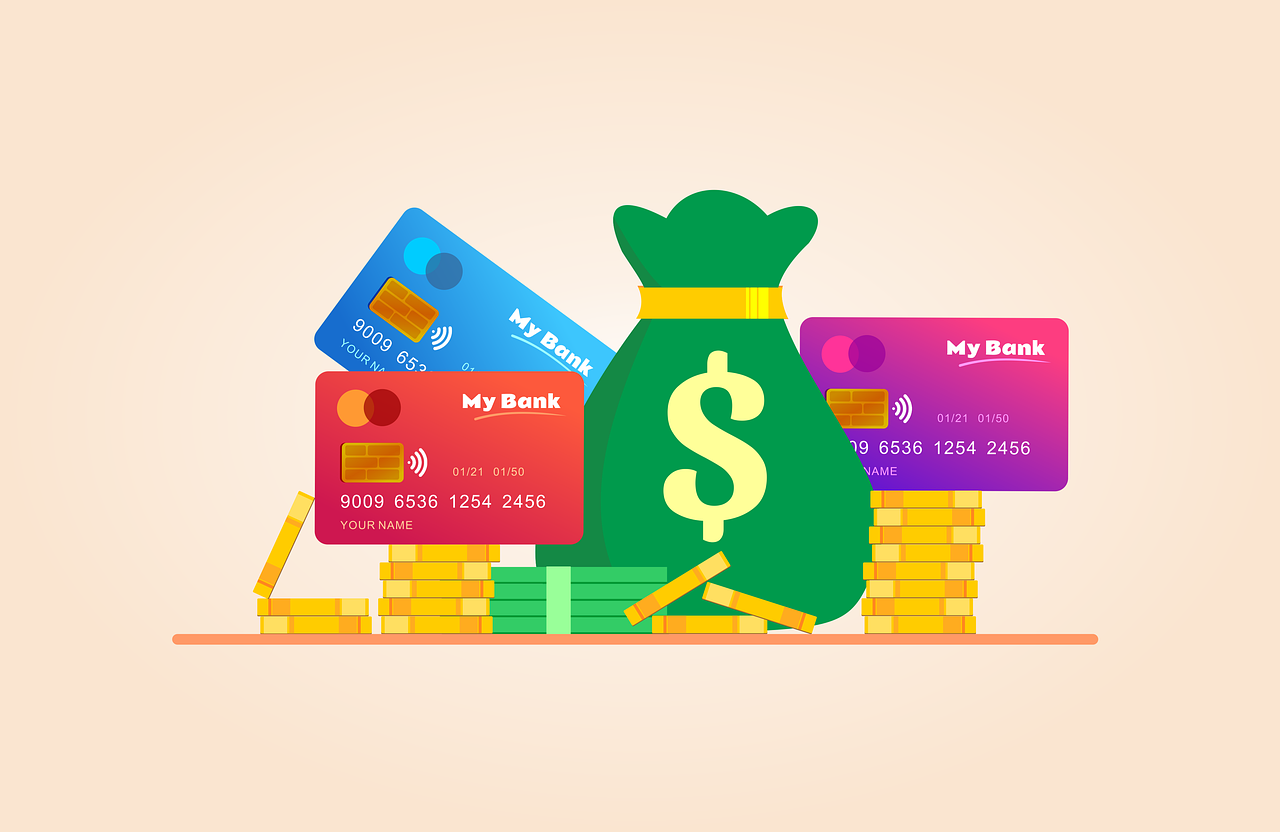Why Financial Struggles Can Impact Your Learning Journey
For many students and lifelong learners, pursuing education often comes with unexpected financial hurdles. Whether you’re funding a degree, taking professional courses, or investing in personal development, a less-than-perfect credit history can feel like a roadblock. Financial stress can distract from your studies, making it harder to focus on achieving your goals. But here’s the good news: there are ways to navigate these challenges, even when your credit score isn’t where you’d like it to be. This guide is designed to help you understand your options and take control of your financial situation while prioritizing your education.
Understanding the Weight of Credit Challenges
A low credit score can stem from a variety of situations—past financial missteps, unexpected emergencies, or simply not having enough credit history. For students or those in the learning community, this can create barriers when trying to secure funding for tuition, books, or even day-to-day expenses. Many people find that traditional lenders are hesitant to offer support, leaving them feeling stuck. However, it’s important to know that a challenging credit history doesn’t mean you’re out of options. By understanding how credit works and exploring alternative solutions, you can still move forward with your educational aspirations.
Exploring Practical Solutions for Financial Support
When traditional funding sources seem out of reach, it’s worth looking into alternatives that cater to unique financial situations. For instance, when considering bad credit loans, it’s important to evaluate how they can provide a lifeline during tough times. These types of financial products are often designed for individuals who may not qualify for standard options due to their credit history. They can help cover urgent costs like course fees or study materials, allowing you to stay focused on your learning without the added stress of immediate financial burdens.
Before diving into any financial agreement, take the time to read the terms carefully. Look for clarity on repayment schedules and any associated fees. It’s also helpful to ask yourself how this support fits into your broader budget and long-term goals. A little planning now can save a lot of stress later.
Building a Budget That Supports Your Education
One of the most empowering steps you can take is creating a realistic budget tailored to your student or learner lifestyle. Start by listing your essential expenses—think tuition, rent, food, and transportation. Then, factor in any income sources, such as part-time work or family support. If there’s a gap, that’s where additional financial tools or resources might come into play. Many learners find that tracking every expense, no matter how small, helps them regain control over their finances.
Another tip is to prioritize spending on education-related needs while cutting back on non-essentials temporarily. Maybe that means brewing coffee at home instead of grabbing it on the go or using free online resources instead of paid subscriptions. Small adjustments can add up, freeing up funds to keep your learning journey on track.
Leveraging Free and Low-Cost Educational Resources
Financial constraints don’t have to mean sacrificing quality education. There are countless free or affordable resources available to support your learning goals. Libraries often provide access to textbooks, research materials, and even online courses at no cost. Many universities and platforms also offer free webinars, tutorials, and open-access content that can supplement your studies. By tapping into these opportunities, you can reduce the financial load while still gaining valuable knowledge.
Additionally, consider connecting with community groups or online forums where learners share tips and resources. Sometimes, a simple conversation with peers can uncover hidden gems like scholarship opportunities or discounted programs that you might not have found otherwise.
Rebuilding Your Financial Foundation Step by Step
While addressing immediate financial needs is crucial, it’s equally important to think about the future. Improving your credit situation over time can open more doors for educational funding and beyond. Start by making consistent payments on any existing debts or bills, as this demonstrates reliability to potential lenders. It’s also a good idea to review your credit report periodically to ensure there are no errors dragging your score down.
Another practical step is to explore secured financial products, like certain types of credit cards, which can help rebuild your credit history when used responsibly. Generally speaking, the key is patience and consistency—small, steady actions can lead to significant improvements over time, giving you more freedom to focus on your studies without financial worry.
Seeking Support from Your Educational Community
Don’t underestimate the power of your network when facing financial challenges. Many schools, colleges, and learning platforms have dedicated offices or advisors who can guide you toward grants, bursaries, or emergency funds specifically for students in need. Speaking openly with a counselor or mentor about your situation can also lead to personalized advice or connections to resources you might not have considered.
Beyond institutional support, connecting with fellow learners can provide emotional and practical encouragement. Sharing experiences and solutions with others in similar situations often reminds you that you’re not alone in navigating these hurdles. A supportive community can make all the difference in staying motivated.
Staying Focused on Your Ultimate Goal
At the end of the day, financial challenges are just one part of your educational journey—they don’t define your potential. By taking proactive steps, whether that’s exploring alternative funding, tightening your budget, or tapping into free resources, you’re already showing resilience. Keep your eyes on the bigger picture: the skills, knowledge, and opportunities that education can bring into your life.
Remember that every learner’s path is unique, and setbacks are often just temporary. With the right mindset and tools, you can overcome credit-related obstacles and build a stronger foundation for both your finances and your future. Take it one step at a time, and don’t hesitate to reach out for help when you need it. Your dedication to learning is worth the effort, and there are always ways to make it work.

